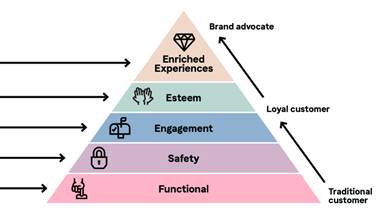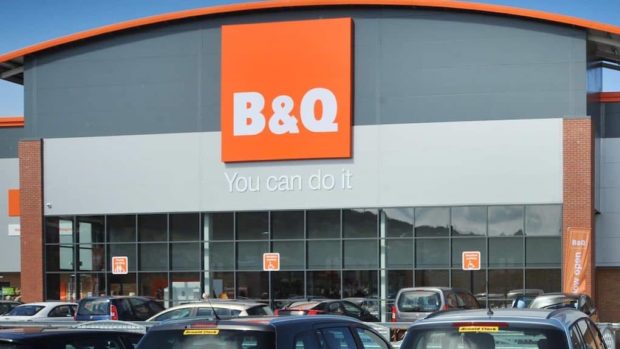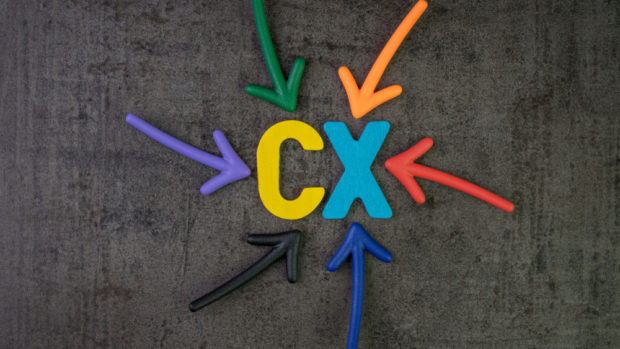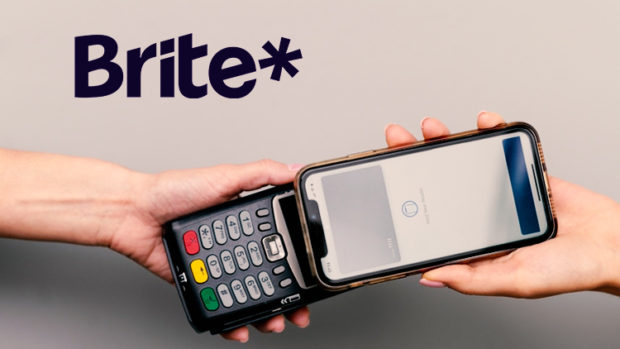
Four in ten UK shoppers (38 per cent) abandon a purchase at least once a week, with a fifth (21 per cent) claiming to do so more regularly. That’s according to new research by Klarna and BigCommerce, published today with a call for retailers to prioritise shoppers’ most fundamental needs for the sake of their bottom line as the UK heads towards a recession.
The research reveals a lack of fast and affordable delivery options as the number one reason behind cart abandonment, with over half of UK consumers (54 per cent) admitting they have abandoned their online shopping cart due to delivery frustrations. The burden of needing to create an account and frustrations with the functionality of a mobile website came second, cited by 32 per cent and 33 per cent respectively as reasons to drop out.
Meanwhile, 27 per cent of consumers have abandoned a purchase because they couldn’t remember their log in details for an existing account, whilst more than a quarter of UK shoppers (26 per cent) admitted they have left a purchase halfway through because they ‘couldn’t be bothered’ to prepare their card details.
The findings, which highlight the fragility of the shopper journey, form part of a new report — Navigating Needs: the path to profit in eCommerce — published by global payment provider Klarna and leading SaaS eCommerce platform provider BigCommerce, in partnership with retail expert Andrew Busby.

Inspired by Maslow’s well-known hierarchy of needs theory, the report considers the shopper needs retailers must satisfy in their quest to gain and retain customers.
- Functionality makes up the foundation of the pyramid as the need that must be met first and foremost, with 37 per cent of respondents saying the ease of using a retailer’s website has the biggest influence over their purchase decisions. Almost a quarter (23 per cent) said they’d also be influenced by the speed of the checkout process, while 22 per cent are encouraged by flexible payment options.
- Safety comes next, with three quarters (75 per cent) of consumers saying they would be likely to abandon their shopping cart if they did not trust a website’s security. In the current context, this also means the safety of deliveries, with many retailers now offering essential non-contact delivery options to minimise the risk of cross-contamination.
- Moving further up the pyramid, the research reveals the importance of engagement, with 39 per cent of consumers saying good customer service would encourage them to shop again with an online retailer. An additional 27 per cent said poor customer service would deter them.
- An intrinsic need to be recognised and valued – esteem – comes next, with a third (33 per cent) of consumers noting that personalised offers or discounts would encourage them to shop with an online brand, and a fifth (19 per cent) being swayed by a personalised checkout experience. In fact, a fifth (19 per cent) even said they would be likely to abandon a purchase if they weren’t treated to a personalised offer.
- And, with all other needs met, many consumers are looking for entertainment and inspiration — enriching experiences — to capture their attention, with over a third (35 per cent) of UK shoppers saying they are more likely to shop with a retailer that is associated with fun content and experiences.
Commenting on the research, Laurel Wolfe, VP Marketing at Klarna, said: “Consumer behaviour might feel particularly unpredictable right now, but fundamental needs remain the same. Just like Maslow’s theory, this means starting with the basics and working up. Customers won’t feel comfortable if a website feels insecure, whilst a fast, smooth checkout process is likely to encourage loyalty. From flexible payment options and shopper security, to relevant content and referral traffic, we’re proud to help retailers improve the shopping experience at every stage of the journey, enabling them to create closer connections with customers.”
Jim Herbert, EMEA general manager at BigCommerce added: “Shopping should always be easy and enjoyable. Consumers want eCommerce to be as quick and flexible as possible, and as this research shows, anything less than a seamless experience will result in abandoned baskets. As stress levels rise and purse strings tighten, shoppers will buy more from those merchants that match their needs. Every abandonment represents a dent in the retailers’ revenues and potentially a sale lost to a competitor, making it incredibly important to consider every aspect of the shopping experience – from security and website speed to the power of personalisation – across all channels where customers engage.”








Share